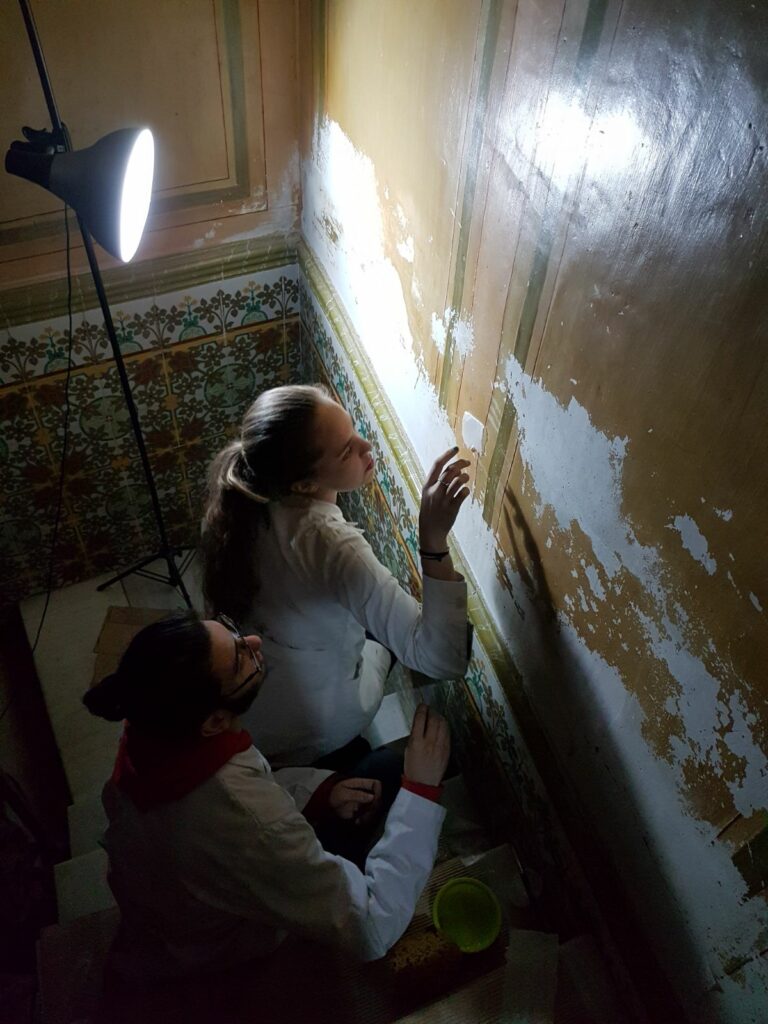
The Ulrich Schiessl PhD Colloquium
Background
The access to PhD–study programs for conservator-restorers is still rather new in most of the European countries, even though the first academic educational institution in conservation-restoration started teaching as early as 1933 in England. In the late twentieth century academic study programs were established all over Europe. The European Network for Conservation-Restoration Education ENCoRE, established in 1997, counts today 41 academic education institutions as Full Members.
“Although there now exist many courses in conservation/restoration at masters’ level, many students graduating in conservation/restoration studies have no established route to follow to achieve a doctorate. Even when their research subject is in the field of conservation/restoration the doctorate is often placed in the subject area of the faculty to which the student is registered which may be art history, applied science, etc., support is needed for students graduating in conservation/restoration to register for higher degrees in that discipline”.
This quotation from the ENCoRE document “Clarification of Conservation/Restoration at University Level or Recognised Equivalent” (2001) is still valid today. Nevertheless, in the course of the last few years a noticeable step forward can be observed, as a number of PhD programs in the science of conservation-restoration have been established.
Scope of the Ulrich Schiessl PhD Colloquium
At the Ulrich Schiessl PhD Colloquium ongoing and recently finished PhD–projects of graduated conservator-restorers will be presented, in order to show the wide variety of topics covered.
The purpose of the Colloquium is to provide a platform for PhD students in conservation–restoration and teachers involved in PhD study programs in order to discuss the state of the art of the discipline and to set up co-operation and exchange between institutions providing PhD programs in conservation-restoration.
Apart from the official program considerable time will be allowed for informal exchange. Actual problems may be discussed with other scholars working on similar themes. PhD students will be able to exchange and share information about experiences and possibilities of cooperation with members of neighbor disciplines. Also possibilities for structural and financial support of PhD projects may be discussed. Finally the contacts between all the doctoral students and university lecturers will be particularly stimulating for the younger doctoral students. In addition, establishing of contacts and connections may serve for further valuable professional exchange.
Venue
Participation in the event is limited to the target group of the meeting, i.e. graduated conservator-restorer PhD students and PhD supervisors.
The language of the symposium will be English, according to the working language of ENCoRE.